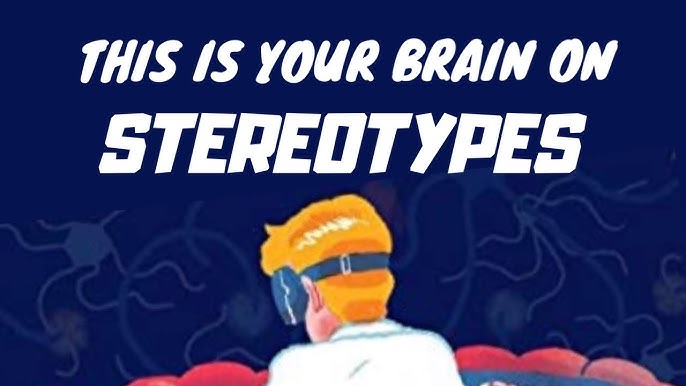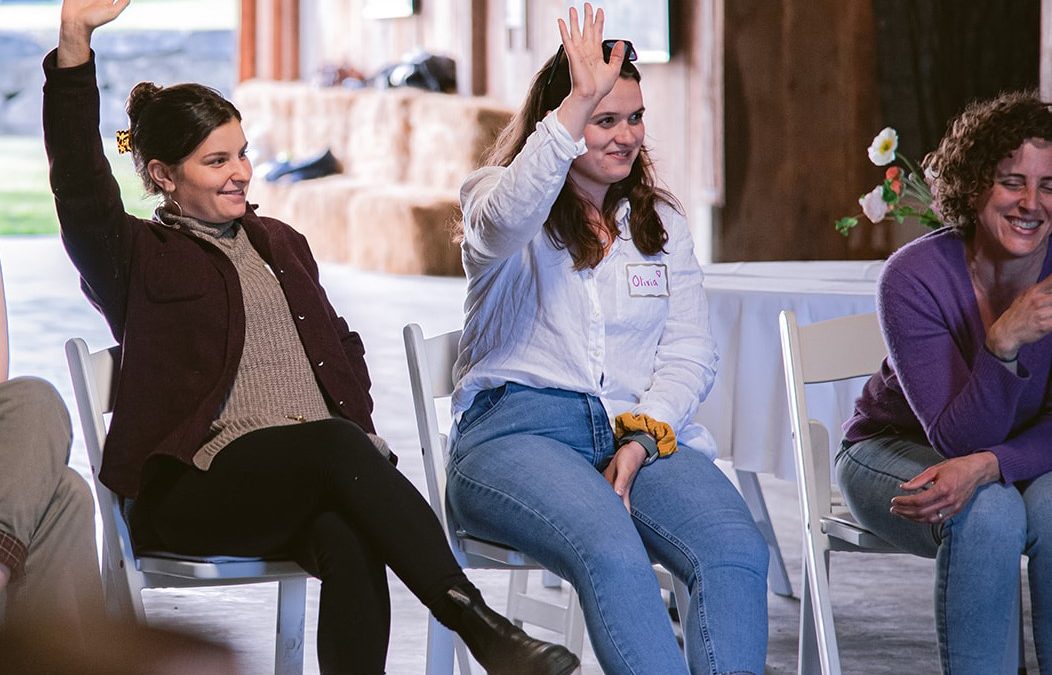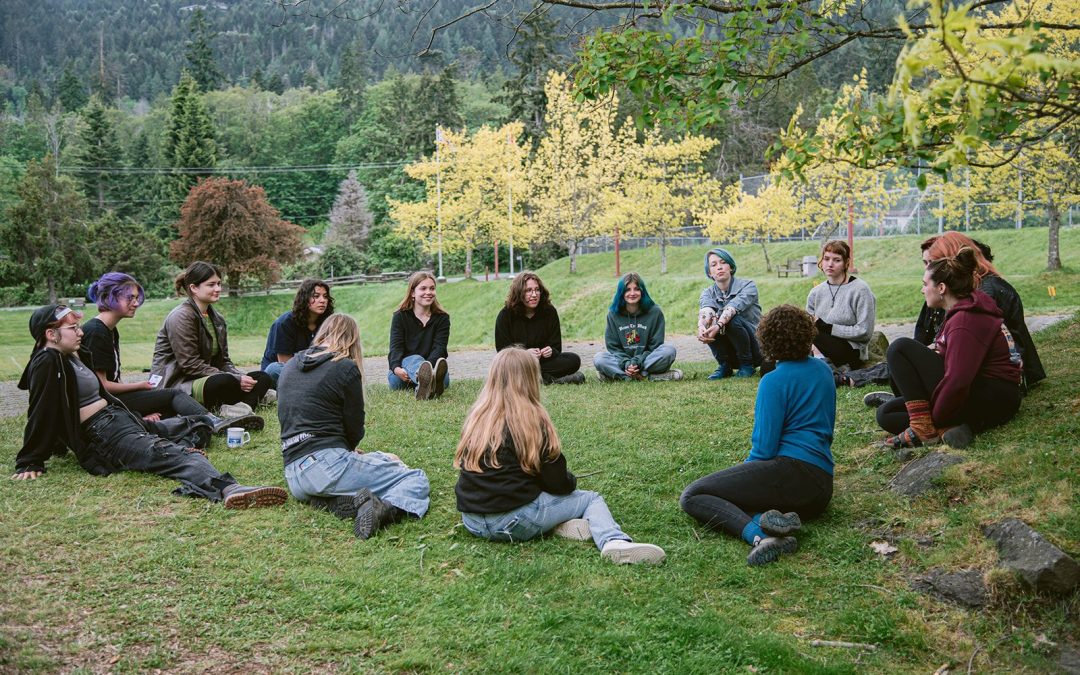The days when etiquette encompassed topics such as who should open a door for who and how to set a table correctly, definitely predated the internet and social media. We live in a whole new world now where communication is instantaneous and anonymous. When we communicate we are easily disguised. Not that we didn’t have ‘poison pen letters’ and other ways to defame people back then- it just didn’t happen at the speed and intensity that the internet has provided. It also was generally less public, without thousands of viewers around the world ready to become voyeurs into public campaigns to humiliate and degrade someone and perhaps ‘jump on board’ while allowing the instigator to escape detection- and all of it with the click of a button.
It is the Wild West in cyberspace with no rules and no etiquette to guide us. In ‘the privacy of our own home’ the world of cyberspace can be one of disguise and deceit. Here at SWOVA we have been mulling over this issue and asking ourselves’ “What does respect look like on the internet?” Supported by the Salt Spring Island Foundation and potentially the Canadian women’s Foundation, we will be developing new curriculum that addresses respect on the internet and how to support youth to stay safe and remain respectful in their relationships through this technology.
Some of the internet etiquette and safety that we will explore is:
- Is it okay to end a relationship by e-mail or text?
- How does respect relate to internet pornography and how does it affect our personal relationships?
- How does the respect that we show each other in our day-to-day relationships translate into the online world?
- If miscommunication is happening online, when do we decide that we need to talk in person?
 Youth have an important role to play in setting the guidelines that will help us all to know how to translate respectful behaviour into cyberspace. There are a myriad of questions that need to be asked and we are beginning this important dialogue.
Youth have an important role to play in setting the guidelines that will help us all to know how to translate respectful behaviour into cyberspace. There are a myriad of questions that need to be asked and we are beginning this important dialogue.
by Lynda Laushway – Executive Director, SWOVA










